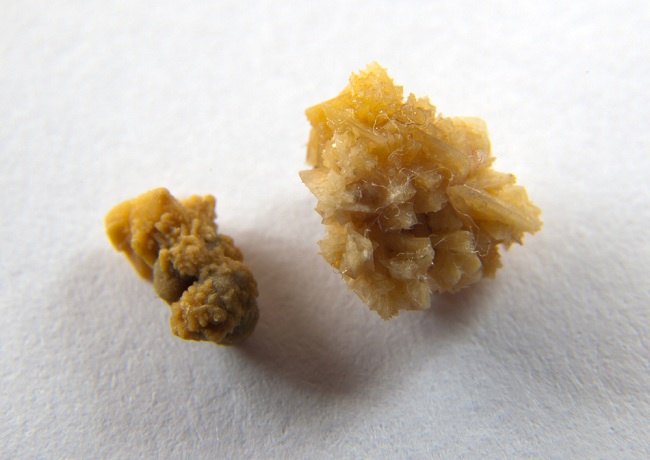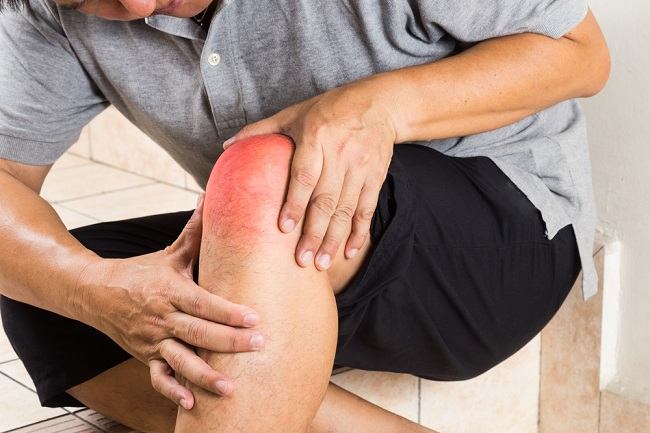Have you ever experienced bleeding gums when brushing your teeth or after eating? This could be a sign of a problem with the gums. Disorders of the gums that are not handled properly can cause dental and oral health problems.
Gums or in medical terms referred to as gingiva, are soft tissues that surround and protect teeth. Healthy gums are pink. However, if there is interference with the gums, the color will turn red, or white and can be accompanied by bleeding. This blood will usually come out when you brush your teeth.

Causes of Bleeding Gums
Bleeding gums are generally caused by the presence of plaque on the gums. Plaque is a mixture of your oral bacteria with saliva and food debris that sticks to your teeth. To remove plaque, you can brush your teeth regularly. But if you are not regular in brushing your teeth, then plaque can cause cavities to tartar. To get rid of it, you need the help of a dentist.
Plaque that has turned into tartar, can trigger bleeding gums when you brush your teeth. If left unchecked, there will be inflammation of the gums or gingivitis, and then periodontitis can occur. In periodontitis, inflammation of the gums can spread to the supporting tissues and bones of the teeth. If this inflammation and infection occurs, then your teeth have the possibility to loosen or even fall out. This is because the bone that helps the teeth to stand strong has been damaged. Inflammation like this usually occurs in adults.
In addition to plaque, bleeding gums can also be caused by not being careful when brushing your teeth so that it is too hard and injures the gums. Another cause of bleeding gums is a lack of vitamins, as well as improper fitting of dentures. During pregnancy, a woman also has the possibility to experience bleeding gums. This is caused by hormonal changes that make the gums more sensitive.
How to Overcome Bleeding Gums
Some of the ways that can be done to treat bleeding gums are as follows:
- Choose a toothbrush with a soft brush tip and use a toothpaste that contains fluoride.
- Be diligent in brushing your teeth and always do it slowly.
- Gargle using a liquid cleaning your teeth and mouth, at least twice a day
- Have your teeth checked every six months to remove tartar and plaque on your gums.
- Reduce consumption of foods that are too sweet and start eating healthy foods.
- Expand foods that contain calcium and vitamin C. Even so, keep an eye on your consumption of vitamin C sources, because fruits such as grapes and oranges, although good for your gums, the acid content in them can also damage the lining of the teeth if consumed too much.
- Drink lots of water. Drinking enough water can help wash away food debris so that germs in the mouth can't form plaque.
- Avoid consuming drinks and foods that are too cold or too hot.
- Reduce or stop smoking because tobacco can also harm oral health.
Beware Bleeding Gums as P Symptomssick Other
If you have done some of the things above and went to the dentist, but the gums are still bleeding, try to do further health checks. Because bleeding gums can also be a symptom of other systemic diseases in the body.
Some diseases that can trigger symptoms of bleeding gums such as leukemia or white blood cell cancer, low number of platelets or platelets in the body, vitamin B-12 deficiency, cirrhosis, and deficiency of blood clotting factors. The use of blood-thinning drugs, such as aspirin, can also cause bleeding gums as a side effect.
It is recommended that you regularly check your teeth and mouth to the dentist, at least twice per year. That way, health problems that occur can be detected and treated as early as possible, including bleeding gums









